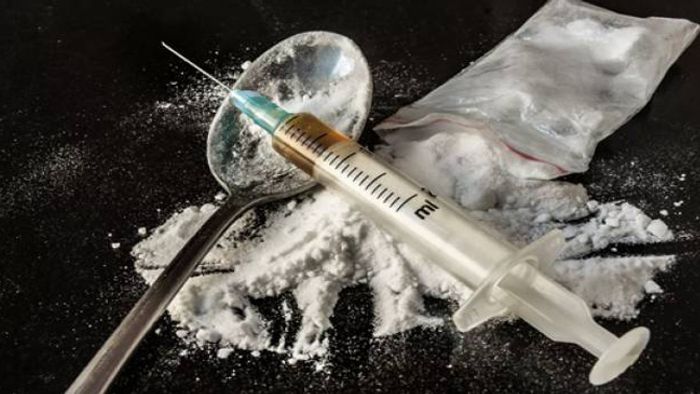Drugs usage rise worldwide amid corona pandemic

- Jun 26, 2020,
- Updated Jun 26, 2020, 12:48 AM IST
Around 269 million people used drugs worldwide in 2018, which is 30 per cent more than in 2009, while over 35 million people suffer from drug use disorders, according to the latest World Drug Report, released today by the United Nations Office on Drugs and Crime (UNODC). The report also analyses the impact of COVID-19 on the drug markets, and while its effects are not yet fully known, border and other restrictions linked to the pandemic have already caused shortages of drugs on the street, leading to increased prices and reduced purity.
As mentioned in the press release, rising unemployment and reduced opportunities caused by the pandemic are also likely to disproportionately affect the poorest, making them more vulnerable to drug use and also to drug trafficking and cultivation in order to earn money, the report says.
“Vulnerable and marginalized groups, youth, women and the poor pay the price for the world drug problem. The COVID-19 crisis and economic downturn threaten to compound drug dangers further still, when our health and social systems have been brought to the brink and our societies are struggling to cope,” said UNODC Executive Director Ghada Waly. “We need all governments to show greater solidarity and provide support, to developing countries most of all, to tackle illicit drug trafficking and offer evidence-based services for drug use disorders and related diseases, so we can achieve the Sustainable Development Goals, promote justice and leave no one behind.”
Due to COVID-19, traffickers may have to find new routes and methods, and trafficking activities via the darknet and shipments by mail may increase, despite the international postal supply chain being disrupted. The pandemic has also lead to opioid shortages, which in turn may result in people seeking out more readily available substances such as alcohol, benzodiazepines or mixing with synthetic drugs. More harmful patterns of use may emerge as some users switch to injecting, or more frequent injecting.
Also read: Bhutan rejects ‘water blocking’ news to Assam, reminds age-old friendship to India
Looking at further effects of the current pandemic, the Report says that if governments react the same way as they did to the economic crisis in 2008, when they reduced drug-related budgets, then interventions such as prevention of drug use and related risk behaviours, drug treatment services, the provision of naloxone for management and reversal of opioid overdose could be hard hit. Interception operations and international cooperation may also become less of a priority, making it easier for traffickers to operate.
For more details visit: United Nations official website
Readers like you make Inside Northeast’s work possible.
To support our brand of fearless and investigative journalism, support us HERE.
Download:
The Inside Northeast app HERE for News, Views, and Reviews from Northeast India.
Do keep following us for news on-the-go. We deliver the Northeast.